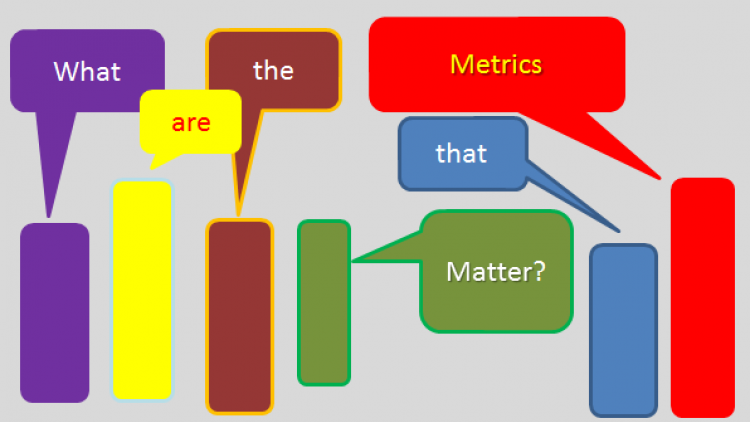I don’t think “what’s your metric?” qualifies as a threatening question when someone says “things are way better now!” or “things are way worse now!”
I think it makes for a much more interesting conversation.
For example, I know people who think “gas prices” are a metric for whether it’s better or worse.
For example, I know people who think “number of violent crimes per capita” is a metric for whether it’s better or worse.
For example, I know people who think “percentage of loss via fraudulent activity” is a metric for whether it’s better or worse.
For example, I know people who think “cost of a Costco hotdog” is a metric for whether it’s better or worse.
For example, I know people who think “number of times I get shit thrown at me whenever I bitch about women” as a metric for whether it’s better or worse.
For example, I know people who think “percentage of children who die of vaccinations versus percentage of children who historically have died of diseases and conditions prevented by those vaccines” as a metric for whether it’s better or worse.
Asking about the metric helps everyone align in a conversational direction.
Asking about the metric helps us think about what’s important and what’s not.
Sure, there may be more than one metric in play — I get that — and that’s okay. For example, a person might think that things are “bad” because birth control is available in high schools and because nobody takes the trains anymore. It’s okay to have two metrics, or three, or many. There’s no need to force people to think one-dimensionally.
The point in understanding metrics is that we are all communicating in somewhat-similar language.
We don’t have to agree on everything, but if we try to find each other’s metrics, at least we can start talking with each other instead of over each other.

